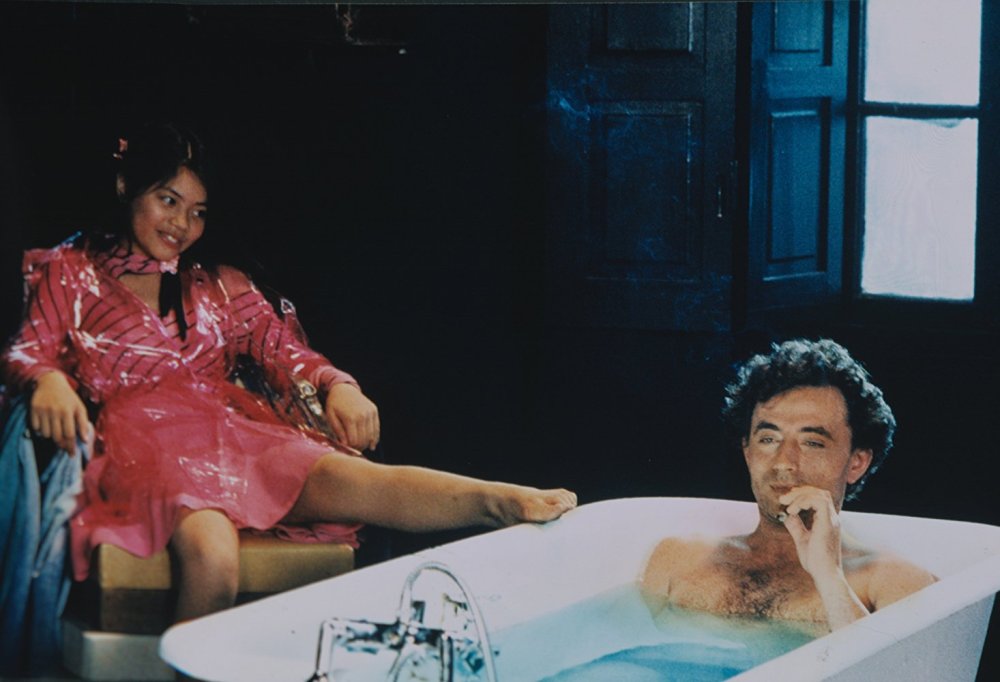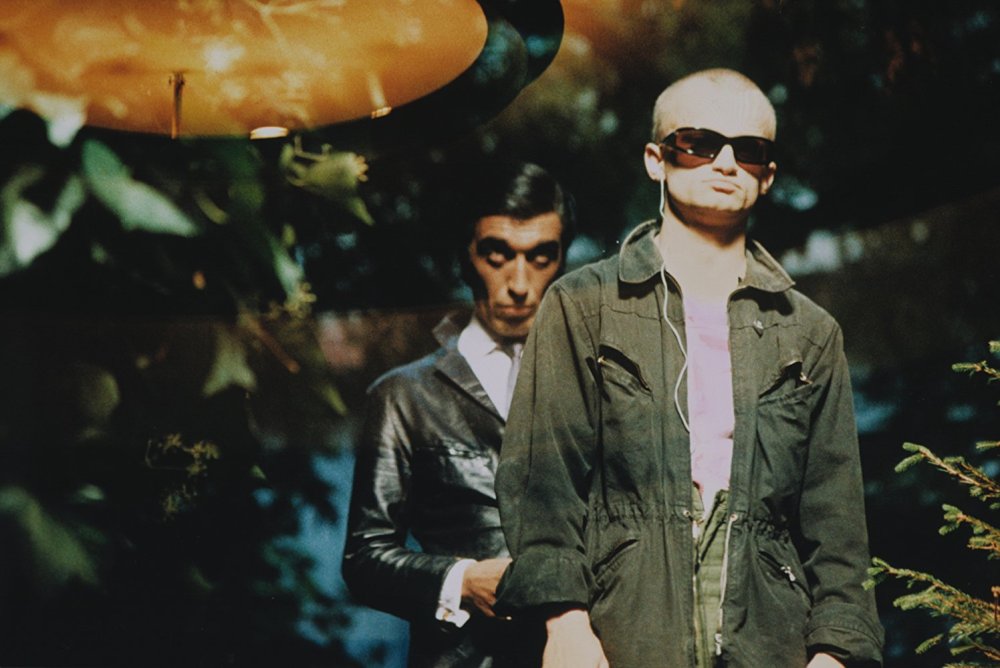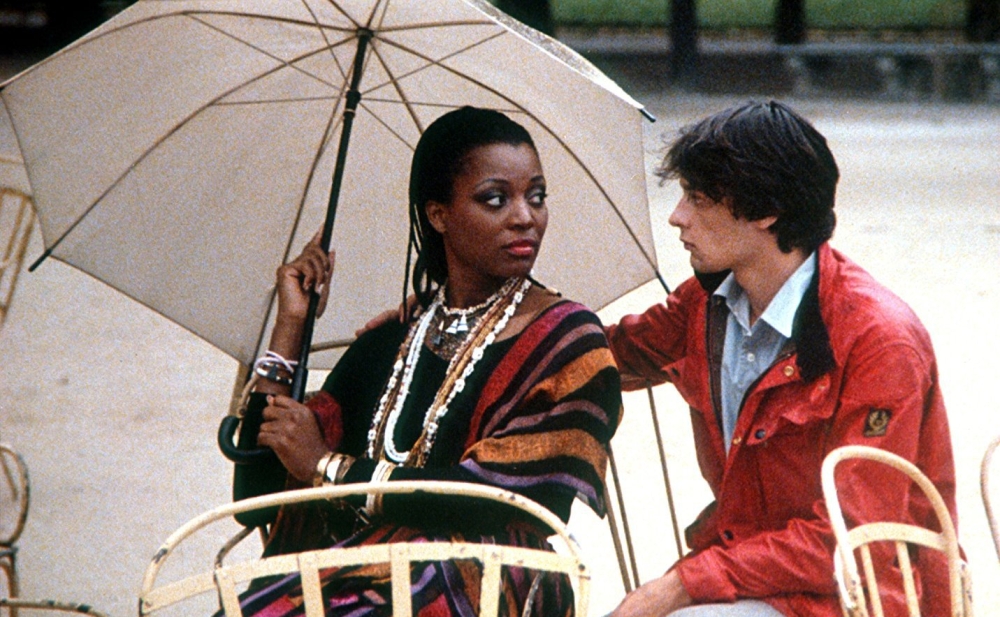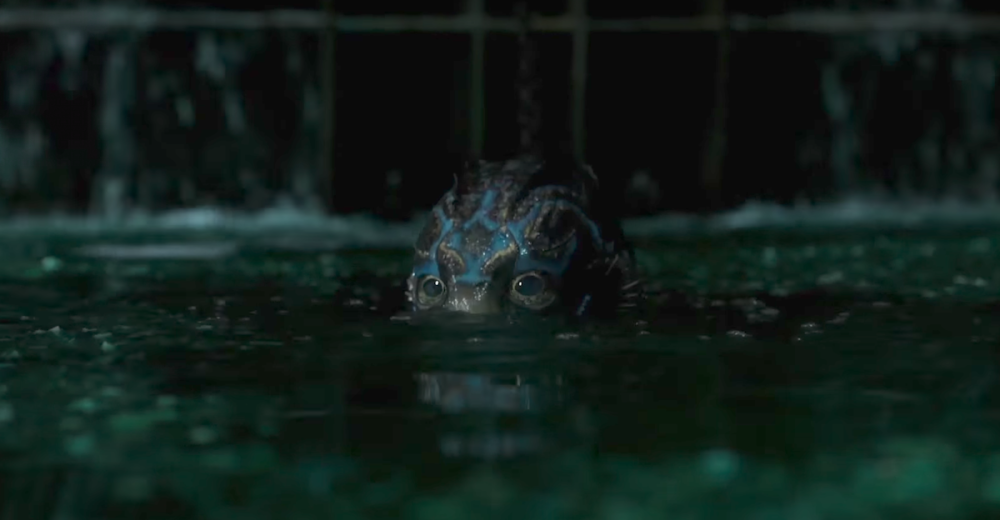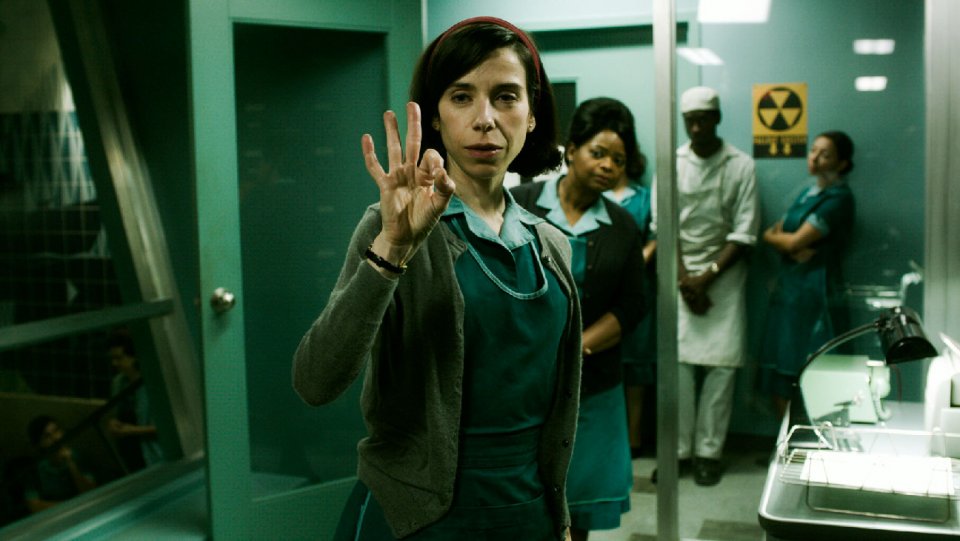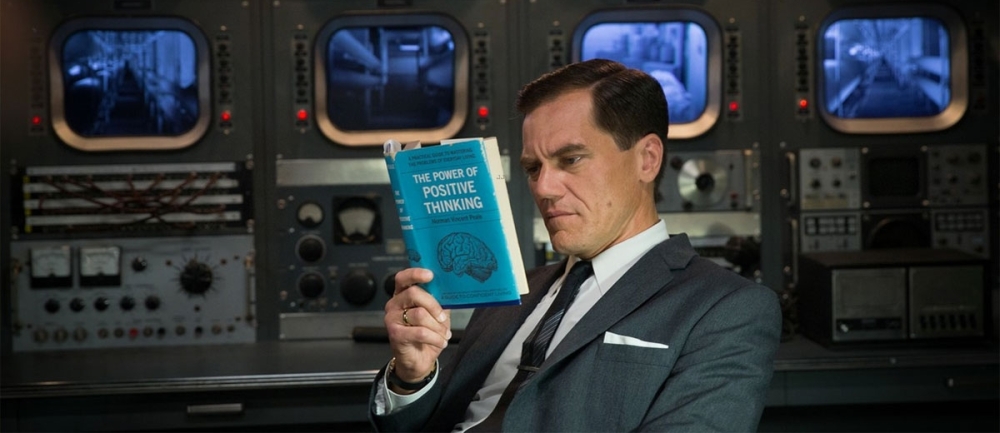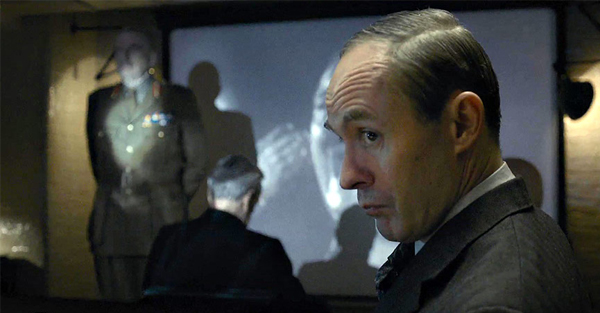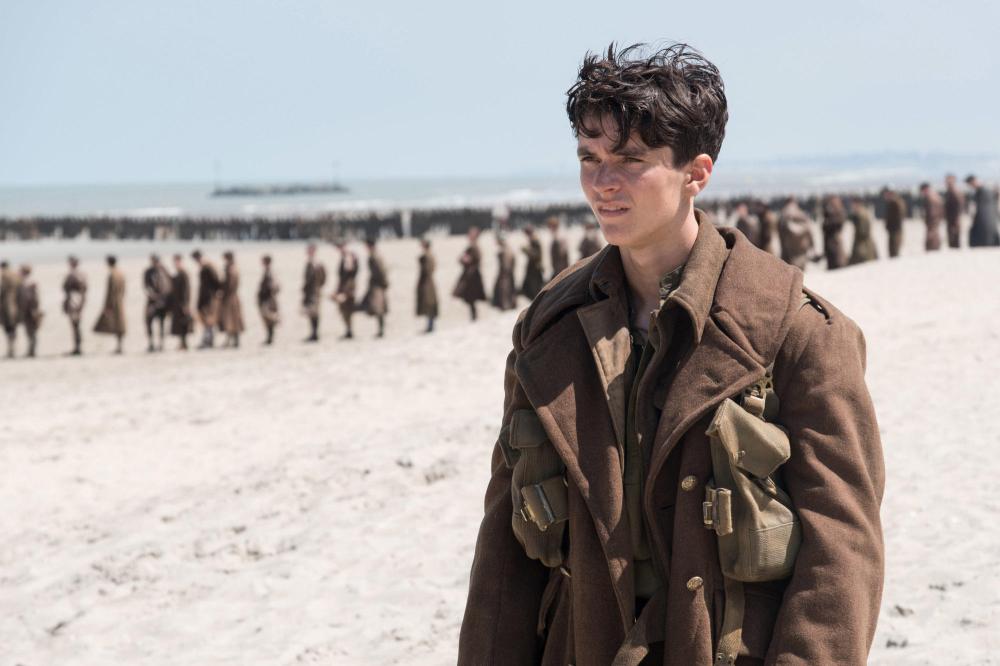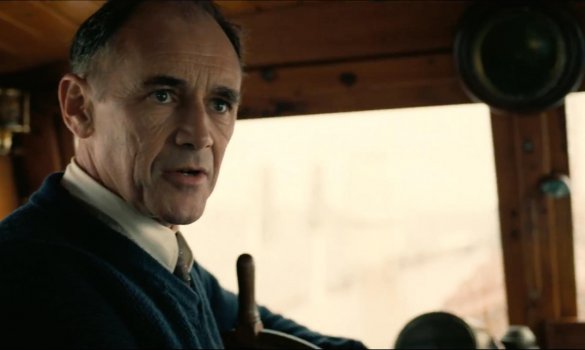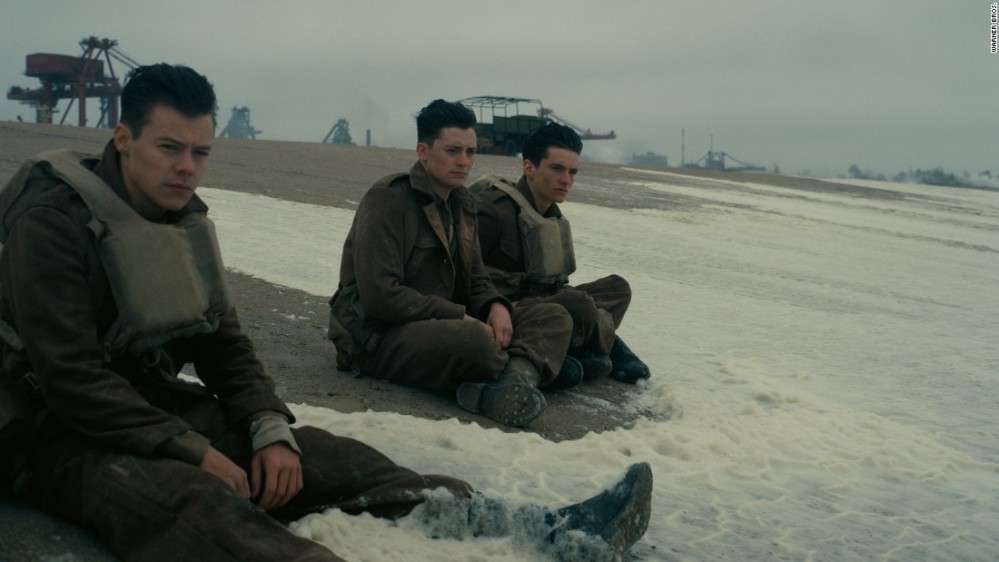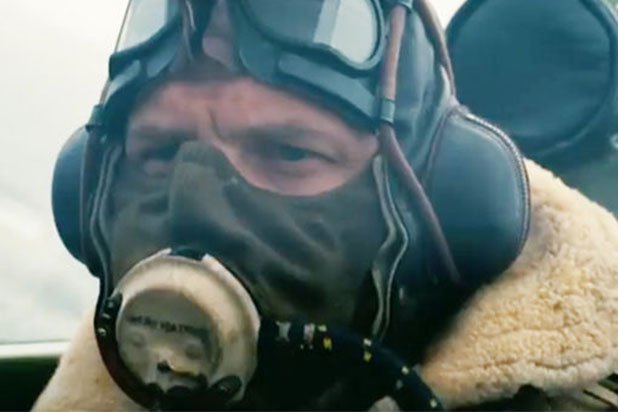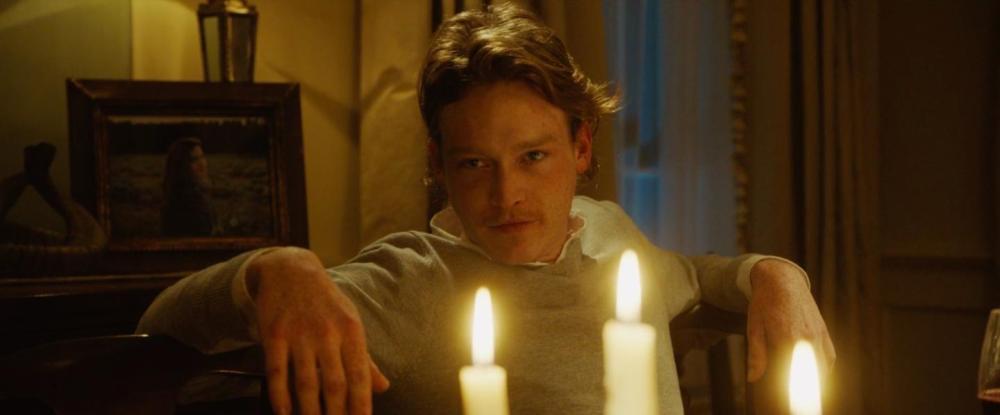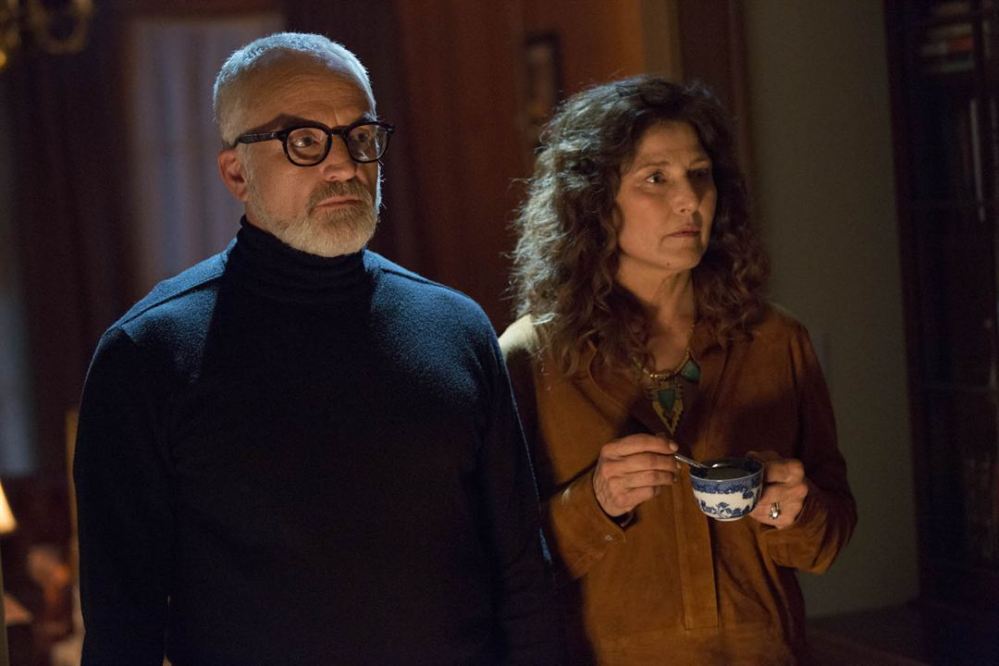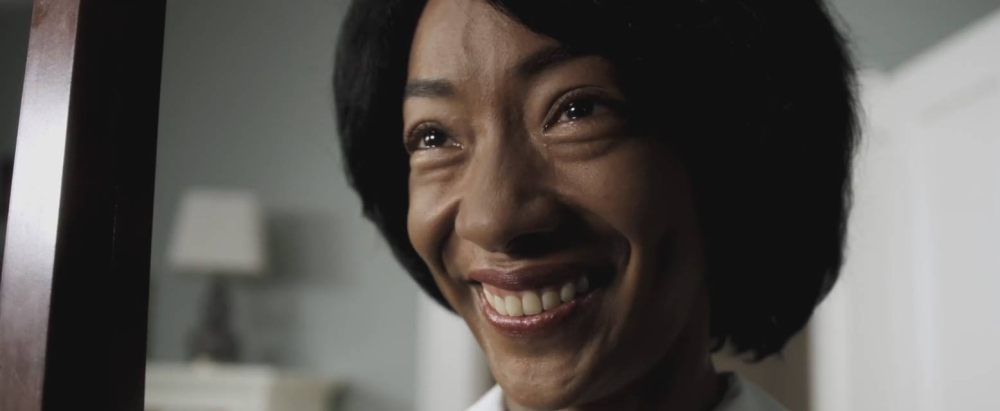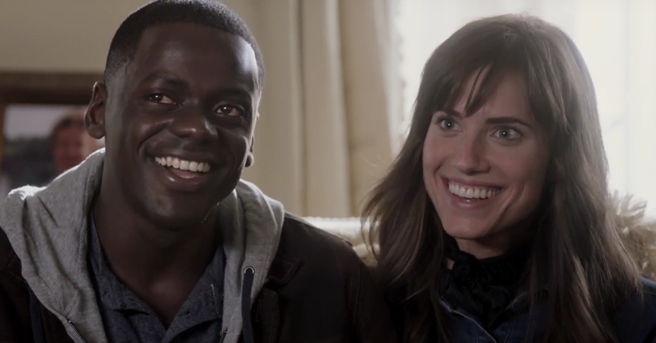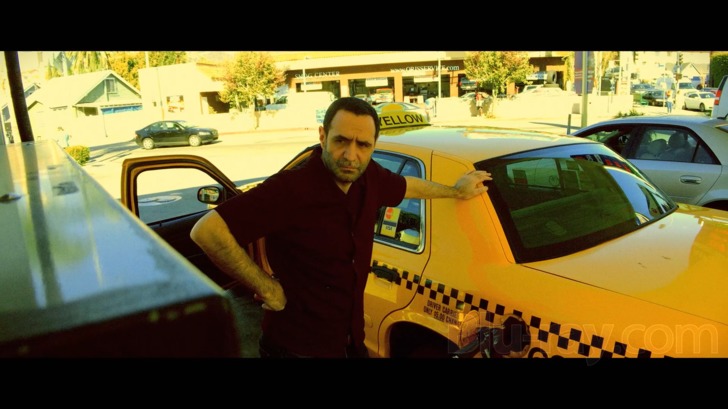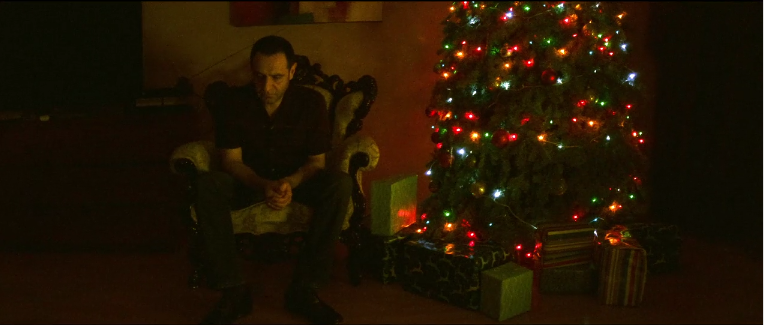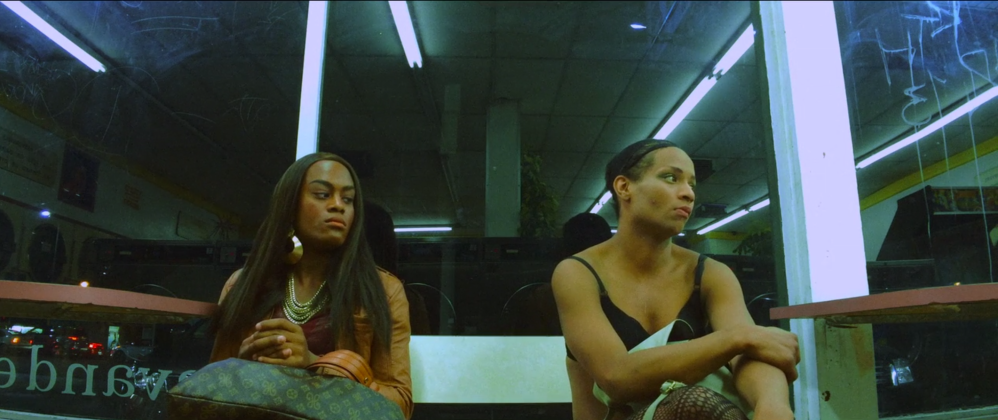
A take on “Crazy Rich Asians” from a lazy poor Asian
 Because this site is Asian & Entertained, and the cultural event of the summer happens to be about Asians, I thought it would be a good idea for take a break from my ’80s excursion and offer my thoughts on “Crazy Rich Asians.”
Because this site is Asian & Entertained, and the cultural event of the summer happens to be about Asians, I thought it would be a good idea for take a break from my ’80s excursion and offer my thoughts on “Crazy Rich Asians.”
Well, it’s a pretty decent romantic comedy, isn’t it? A lot of rom-coms are fantastical journeys in normalizing gender roles aren’t they? Sure, the woman is usually empowered because she generally has her own career and isn’t really in dire of need of a man, but the supposed Mr. Right comes along anyway, and despite his flaws, which happen to be THE WORST, they usually decide they’ll both make sacrifices for the other, or the woman realizes the guy’s best friend is just as thirst-inducing and not nearly the douche her first pick was, and everything works out in the end one way or another.
The biggest way that “Crazy Rich Asians” is a success is that it minimizes the worst rom-com tropes, and though many are still present (montages of trying on clothes, the gay friend, a big breakdown, where the woman nearly gives up, etc.), they don’t threaten to take over the movie. There are enough divergences that it works as a light, refreshing romantic fantasy, when it’s not exploring the vast divide between middle- to upper middle-class working people and the obscenely wealthy.
Rachel (Constance Wu) is an economics professor who is dating the ever-so-slightly mysterious Nick Young (Henry Golding). Things are heating up between them. He’s ready to take her home to meet Mom. Rachel doesn’t know too much about Nick’s family, and he withholds on the details about them, except the fact that he doesn’t get along extremely well with them. But Rachel, sensing that deeper relationship goals may be looming, decides meeting the family might be a good step in that direction. So, away to Singapore they go.
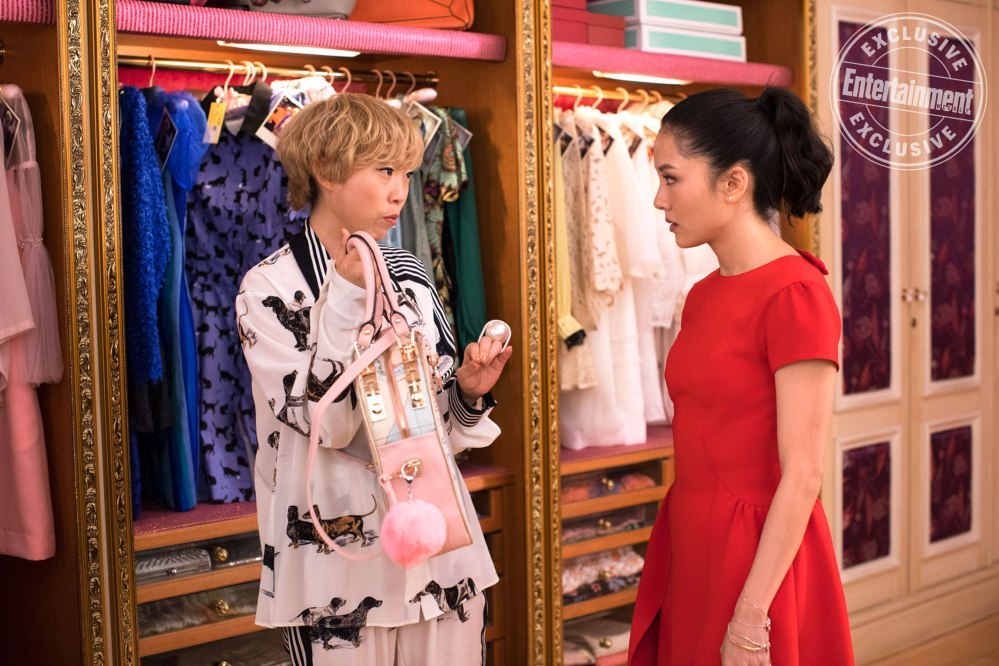
Rachel’s gotta spruce up if she wants to impress Nick’s family.
The flight is the first sign that Nick is seriously underplaying his own significance in the world, as he sweeps her away into a first-class cabin that’s so nice, it might make American renters wish they could move in. Yes, they do fuck right there on the plane.
Nick eventually does reveal that his mom basically owns everything. She might best be described as a hotel empress, whose vast wealth and business expansion would make Donald Trump thirst. Rachel will soon discover that everything is more lavish in Singapore, and she’s about to take a tour de force of sheer extravagance.
It would be completely accurate to describe “Crazy Rich Asians” as “wealth porn,” to steal a phrase from the more common phrase, “food porn,” though that would also be a totally accurate description of the movie. It’s not your wildest dreams of swimming through a vault full of gold coins, a la Scrooge McDuck. It’s actually a shit-ton more than that. From spas on the beach to party barges to rare, exotic flowers to all-expenses paid shopping sprees, there’s so much here to make you feel like the poor, unrefined peasant that you are, and you’ll absolutely never taste a fraction of the disgusting, gold-plated lives these people live.

What do rich people even do? Damn!
But Rachel is, as any of us would be, here for it. Maybe. Her biggest reservation is that Nick’s mother Eleanor (Michelle Yeoh), might not be OK with her son being attached to such a disheveled upper middle-class commoner as her, and her Spidey-sense totally right about Mom’s disapproval. Yeoh nails the disapproving mom role. Imagine how condescending your mom would be if she basically owned an entire country. Deciding whether to work to please her potential mom-in-law or fly back to home to California becomes the crux of Rachel’s struggle in the film.
Essentially, the film is a story of the divide between classes. Once Rachel reaches Singapore, the movie almost starts to feel like “Game of Thrones.” Don’t get it wrong, no one dies. Well, no humans die, but there is one very unfortunate fish. But the way Eleanor plots to undermine Rachel and her desire to marry her son off is very much business first, love second, it feels a lot like Cersei Lannister arranging her royal sons’ marriages. Make no mistake, Eleanor and Nick don’t wear crowns, but in status, they are royalty. If they want something, it’ll be delivered via helicopter within the hour.
Rachel discovers that for the uninitiated, this magical gold kingdom is a nice place to visit, but she doesn’t necessarily want to live there, and she definitely has misgivings about living under the judgmental gaze of her would-be in-laws. It’s kind of a “Cinderella” for the well-off (without the evil step-sisters), but the princess here decides that, in terms of the lifestyle, she finds the wealth isn’t all it’s cracked up to be.
For a movie advertised as a romantic comedy, the movie is a bit light on the comedy. Most of the humor is delivered by Rachel’s former college roommate, Peik Lin (Awkwafina), who Rachel discovers comes from a family whose wealth pales in comparison to that of Nick’s family, yet they still live in a gold palace of their own. The always funny Ken Jeong is Peik Lin’s creepy dad, and he delivers some laughs. Also, “two girls, one cup of noodles,” may be the one-liner of the year. Besides that, the movie is pretty heavy on the drama.
But as cultural events go, as far as how representative of the common Asian person this movie is, the studio may as well have done Crazy Rich Caucasians, as the same story with most of the same issues could have easily been done about white Amercans/Europeans, whose wealth would no doubt be just as extreme as the Youngs’. It’s not really an exploration of differences between Asian cultures or the meaning of Asian identity, in the way “Black Panther” is about what it means to be African-American. This movie actually much more of an examination of how people in different classes behave and how business can color the decisions of people whose life revolves around wealth.

She finally looks rich enough.
In fact, Rachel’s family’s story is much more relatable to an Asian-American such as myself. Her mother’s story of how she fled China to escape an abusive family to America, where she worked her ass off to provide as a single mother so she could send her kid off to college, bears many similarities to my own family’s immigration story. In short, my great-grandmother in China married a man who was not from her clan, so her family killed him, and, out of fear for her own life, she fled to the U.S. That’s just how things went during the Industrial Revolution era.
As for “Crazy” being THE CULTURAL EVENT OF THE YEAR!!!!! for Asian-Americans, it is cool to see a movie where Asian characters played by Asian actors make up the entire cast. But if we’re comparing MAJOR CULTURAL EVENT MOVIES, I’m still wondering when we get our “Black Panther.” When do we get a “Ms. Marvel” movie with Kamala Khan? “Crazy Rich Asians,” though purportedly grounded in the “real world,” is just as much of a fantasy as any Marvel movie is, just without the geekiness.
The triumph of “Black Panther” made it feel like everyone who wanted to be, could be proud to be Wakandan (except the colonizers, of course). “Crazy Rich Asians,” on the other hand probably left even most Asians feeling like outsiders because most of us are much more like Rachel than Nick, and not all of us run across a charming business prince like Nick to sweep us away to Singapore. Again, it’s wealth porn. It’s a fine fantasy, but that’s all it is.
Asia and being Asian are hardly monolithic concepts anyway, much like the many diverse cultures of all continents or races. You wouldn’t say Germany is basically the same as Britain. And you wouldn’t say South Africa is basically the same as Egypt. This movie takes place in Singapore, yet there are many other Asian countries with vastly different cultures, and nowhere near the wealth present in that country. China is not like Singapore, which is not like India, which is not like Indonesia, which is not like Afghanistan, etc. In fact, in terms of culture, Singapore closely resembles the U.S., in terms of being more of a crossroads of Asia and Europe or a melting pot, because of the strong British influence. One of the official languages is English, even.

The Rock says, “You can’t just put Dwayne Johnson in everything and say diversity in Hollywood is solved!”
And sure, many Asian countries have their own robust cinema industries, and the best ones are imported to the U.S., and they’re not nearly as hard to find as they would have been as recently as 30 years ago. And there are more Asian stars in American movies and TV. Who doesn’t love Riz Ahmed, John Cho, Rami Malek, Mindy Kaling? And, of course, there’s Dwayne Johnson, only the biggest action star in Hollywood. But he’s usually the sole Asian/Islander actor in any given blockbuster he smashes in. Yet, he is only one man (even one Rock).
But my worry was that we only get one shot at having an “Asian-American” Hollywood blockbuster every quarter century, and “The Joy Luck Club” did not kick off an American cinematic revolution back in 1993. Thankfully, “Crazy Rich Asians” is kicking ass at the box office, so maybe we’ll be here to stay, fellow Asians. But I still want my big, soaring epic, like “Black Panther” that really delves into the complex experience of being Asian in the U.S.
And it’s not as if our stories aren’t being filmed in Hollywood, it’s just that Asians aren’t being allowed to participate in them. When do we get to see Asian-American versions of “Infernal Affairs,” “Ghost in the Shell,” “Battle Angel Alita.” If rumors of Taika Waititi being on board to do “Akira” truly come to fruition, maybe that could be our shot. But, white people, come up with your own movies please. You’re creative, so you have to steal Asian stories. Though they are pretty awesome, aren’t they?
But calling “Crazy Rich Asians” THE CULTURAL EVENT OF THE YEAR!!!!! sounds much more like clever marketing schemed up by a studio. Hey, in terms of box office, it worked. But it came on the heels of “Black Panther’s” success at really being the phenomenal force that it is, which came about much more organically by being crowd driven, rather than force-feeding by marketers.
That’s not to take anything away from “Crazy Rich Asians” being a pretty good film that happens to be made by and about Asians. By all means, please, go see it, but, no, you don’t get you “woke” points for doing so. Yeah, it’s a hard-knock life out there, what can ya do?
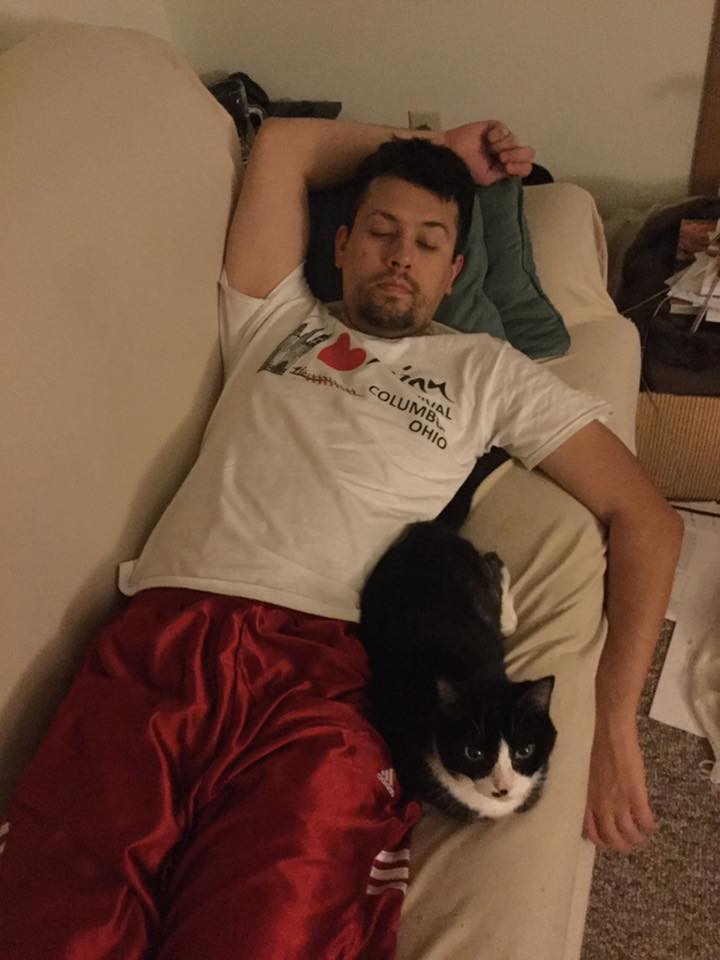
You can see the lazy poor Asian for free.

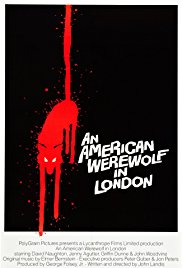 It’s not the Warren Zevon song. John Landis went for literal werewolves in his 1981 movie “An American Werewolf in London.”
It’s not the Warren Zevon song. John Landis went for literal werewolves in his 1981 movie “An American Werewolf in London.”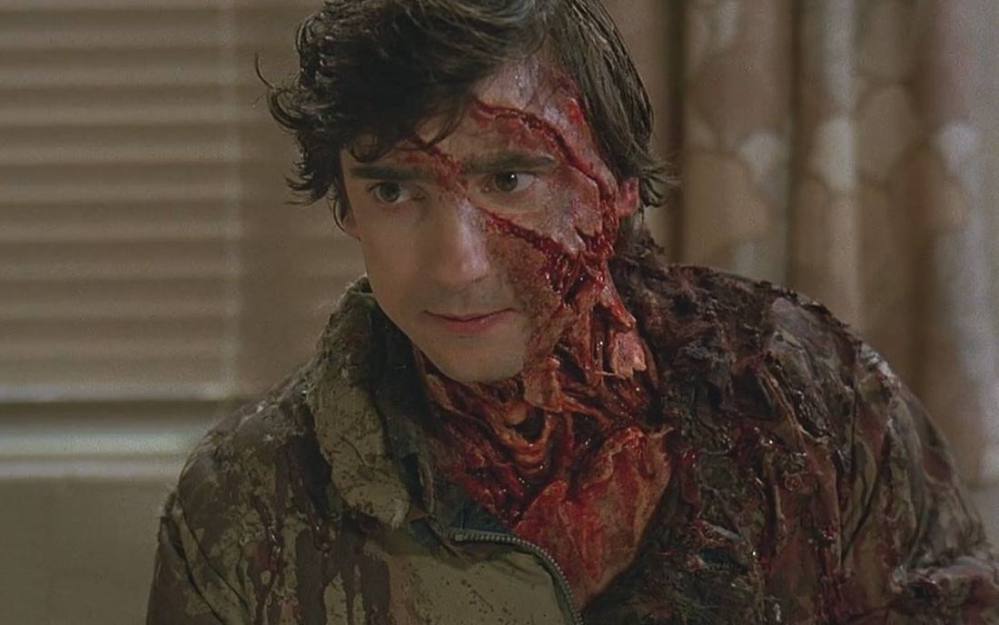
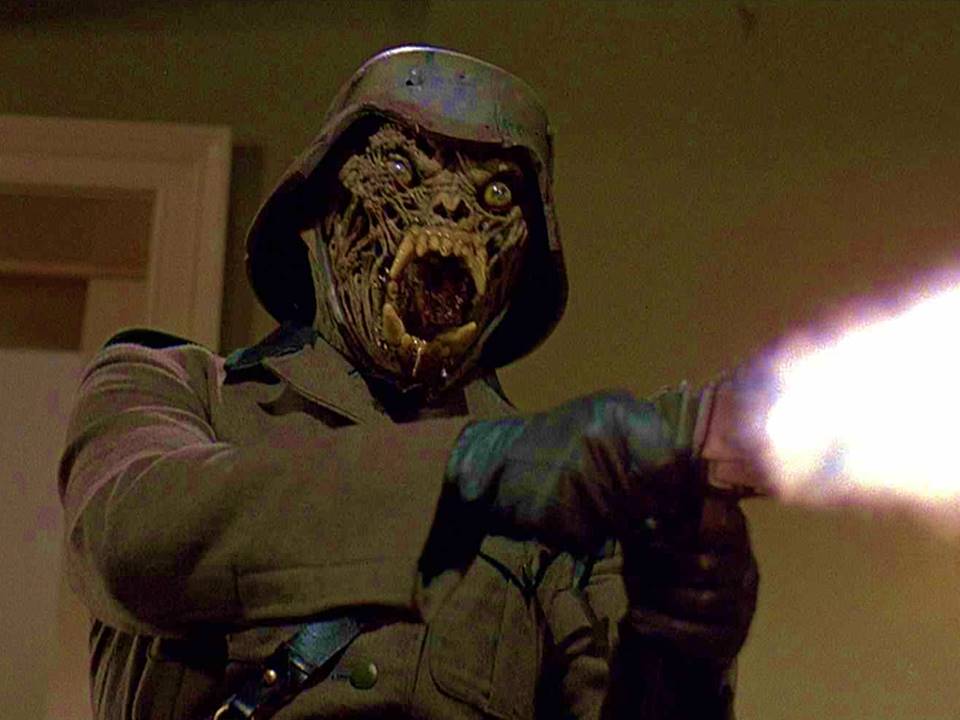
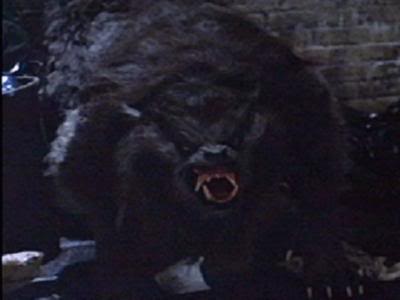

 When the author of this piece made his stop in France, he stumbled into a small theater, whereupon, ooh la la, he happened to catch an early new wave gangster film called “Diva.” Directed by Jean-Jacques Beineix, “Diva” is pretty unique for the subgenre, following a young French postman as he tries to escape from the gangsters who are after him, looking for an incriminating tape that unfortuitously falls into his possession.
When the author of this piece made his stop in France, he stumbled into a small theater, whereupon, ooh la la, he happened to catch an early new wave gangster film called “Diva.” Directed by Jean-Jacques Beineix, “Diva” is pretty unique for the subgenre, following a young French postman as he tries to escape from the gangsters who are after him, looking for an incriminating tape that unfortuitously falls into his possession.